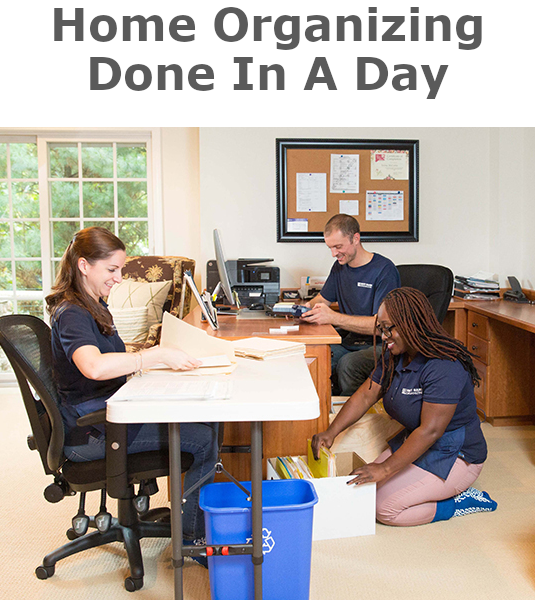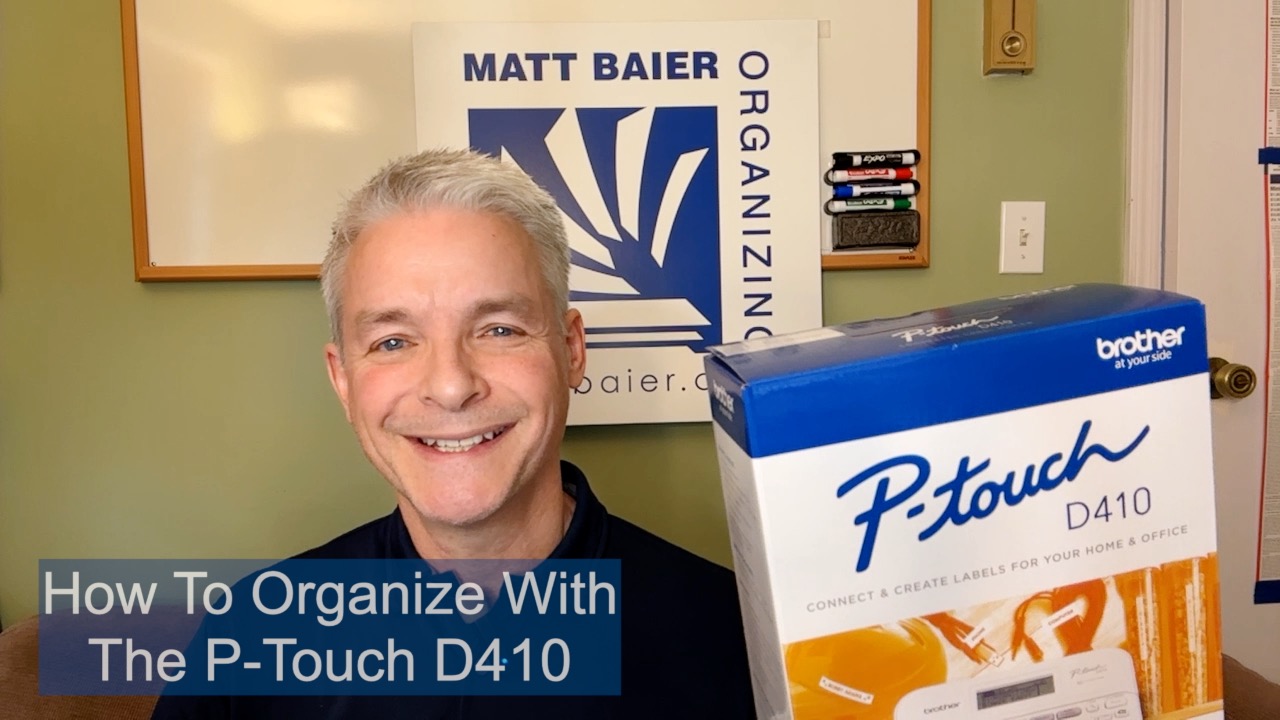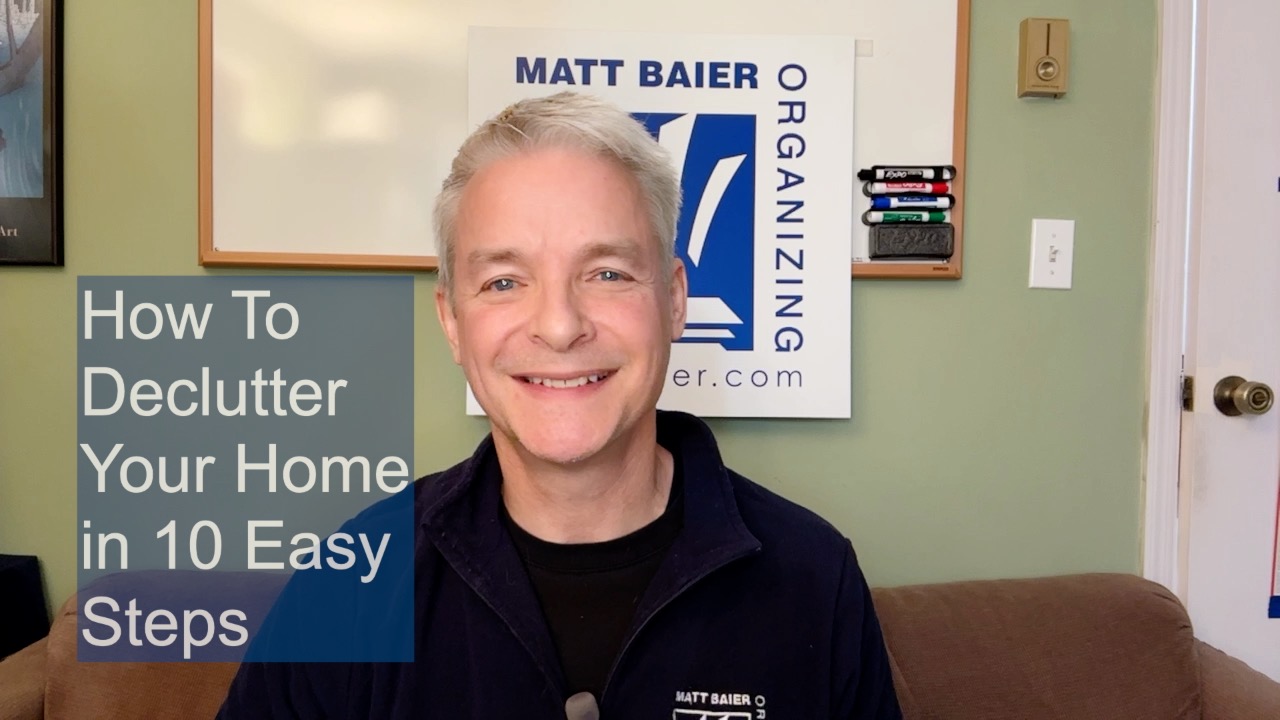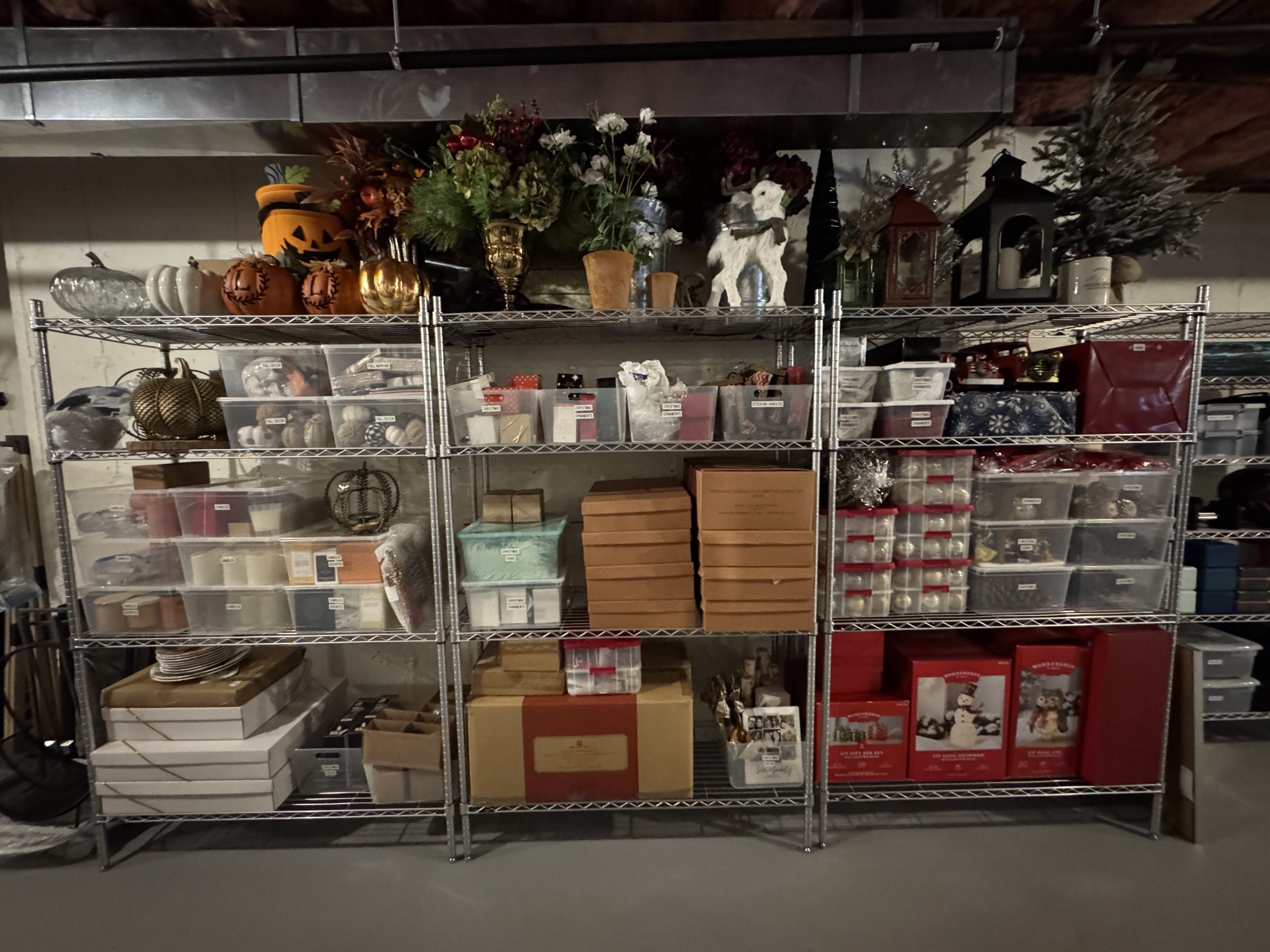No. Too many categories can actually make you more disorganized than having none at all. There is a point of diminishing returns on categories.
It’s very common, in my line of work, to see the pendulum swing, from a client having no categories to wanting way too many categories. It’s as if the only way to dig themselves out of too few categories is to have as many categories as possible. As with so many things in life, however, the answer is quality, not quantity.
Quality categories come from recalling why we bother having them at all. The reason we have categories is because it saves us time in finding things, whether it is paper or other items. If keeping categories does not help us find things, there is no point in creating them.
Finding things is, ultimately, always a process of elimination. We start looking by knowing where not to look. The more you can remove from your choices, the faster you will find something.
Let’s say the item you are looking for is a medical bill you paid. Without any categories, you could look all over your house and maybe all over your office too and there’s no telling how long it could take, especially if it’s been a while since you’ve seen it.
The process of elimination starts big to small. If you choose to keep all your paper in your home office then you can eliminate all other rooms to find that medical bill. Then you can refine your search by keeping a dedicated zone. A file cabinet by your desk makes the perfect dedicated zone for current paid bills. Then, only within that file cabinet, your categories start.
To maximize find-ability, keep these categories as minimal as possible. I am not a fan of filing alphabetically, because it can lead to confusion. Is the car insurance under “C” for car? “I” for insurance? “A” for auto? “F” for Ford? 26 categories is too many and it diffuses the process of elimination.
File categories should be minimal and general, then you can subcategorize. I like to use 2” box bottom hanging files with subcategories for information, statements, and records in standard 3 tab manila files. It continues the process of elimination. If I have a medical category, it means I can ignore the banking, utilities, taxes, household and other categories.
Within the medical category, I can then limit my search to the medical statements folder. At this point, it’s not a great hardship to go through 15-30 pages to find your medical bill, in a matter of seconds instead of hours.
It’s a mistake, however, to think that adding more categories, will lead to more organization. If you just create a hanging file for every piece of paper that needs a home, without a plan for why you are keeping a file and for how long you are keeping it, your paper will not only accumulate, but it will be hard to find reliably.
The point of categorizing is not to have a separate place for every single item you have, but to create a grouping of like items, that will make your process of elimination, in finding them, more efficient. If these groupings are too small and the quantities of these groupings are too many, then you decrease your odds of staying organized, not increase them.
Furthermore, it takes more time to create this excess of files for papers and it takes time to create the excess of containers for other items. This excess requires more time to maintain and the excess files and containers invariably lead to more clutter.
Whether you have no categories or an excess of categories, you have too many places where an item might be. The exercise of limiting your categories will limit the items you keep and clarify exactly why you are keeping them. When you clarify why you are keeping something, it helps you prioritize. Sorting out your priorities is the key to staying organized.
Make sense? Am I wrong? Do you keep a ton of categories and manage to stay super organized? I’d love to hear from you.
Please Share With Your Community
Testimonials
What some of our clients are saying
Imagine An Organized Home
















